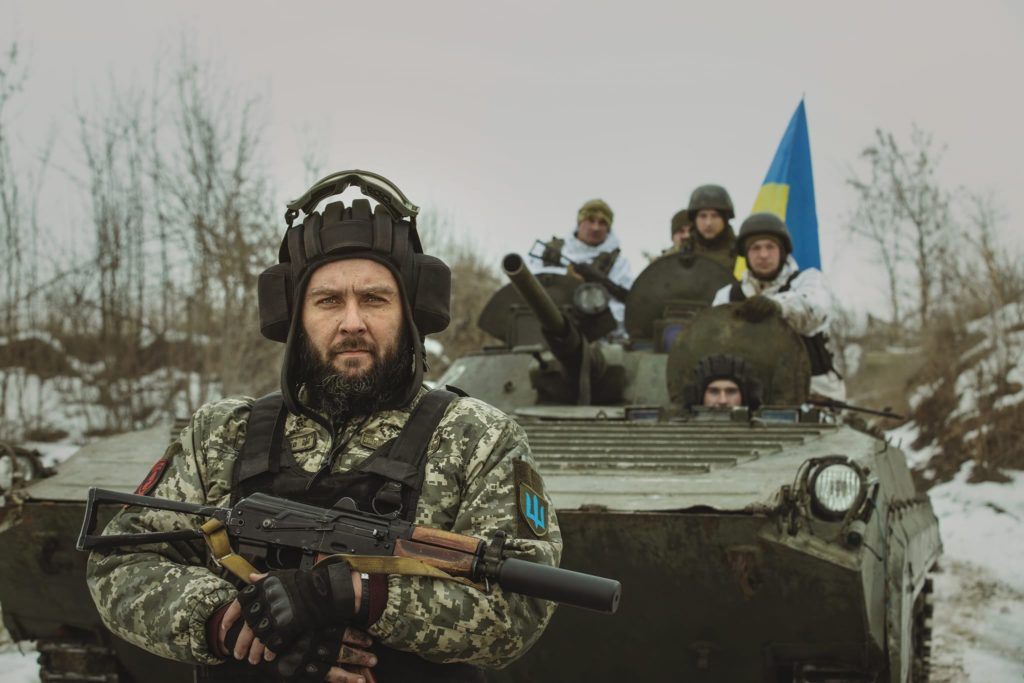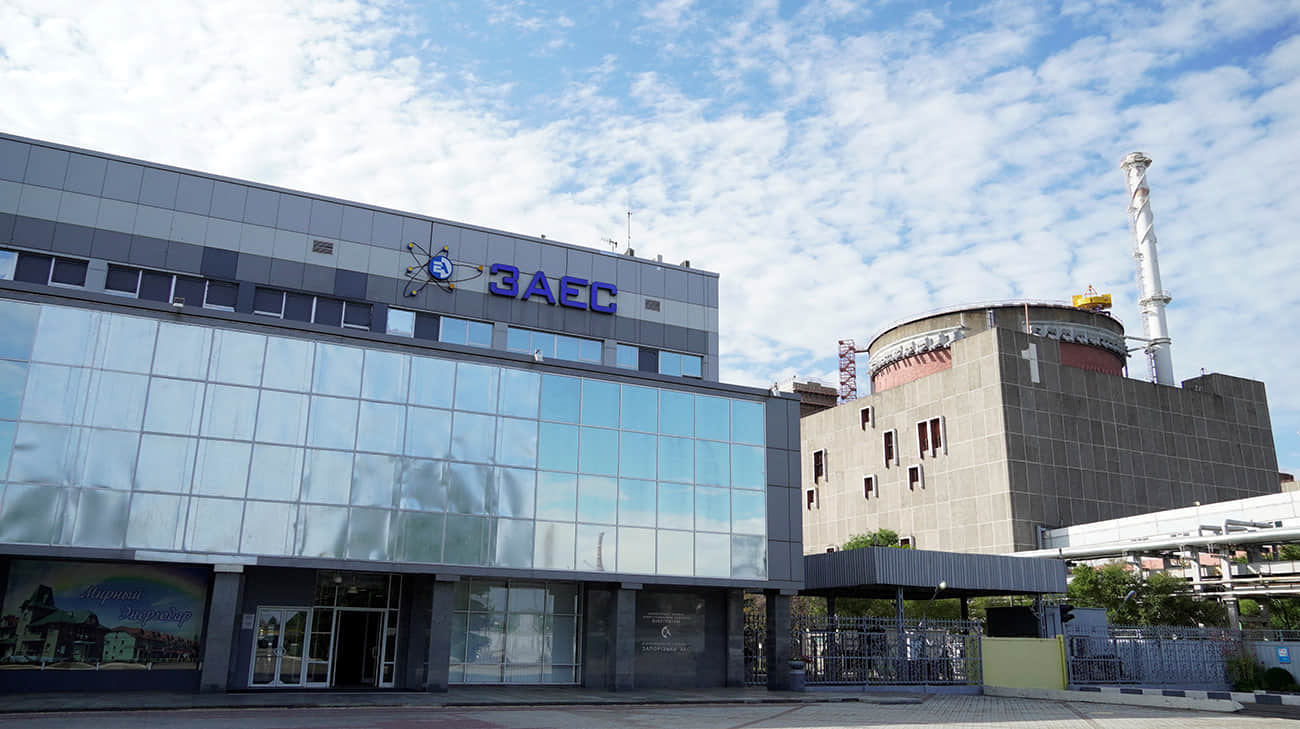Ukrainian military strongly supports Rome Statute ratification, new survey reveals
Ukrainian parliament ratified the Rome Statute on 21 August 2024, although some MPs claimed that soldiers allegedly had concerns about its ratification.


A survey conducted by the NGO “Ukrainian Legal Advisory Group” (ULAG) in collaboration with the Sociological Group “Rating” has unveiled insights into the attitudes of Ukrainian military personnel towards justice and the ratification of the Rome Statute. The study surveyed 660 active military personnel between 25 July and 12 August 2024.
Strong support for Rome statute ratification
One of the most striking findings is the overwhelming support among military personnel for Ukraine’s ratification of the Rome Statute. Over 70% of informed active military personnel back the ratification, with only 15% opposing it. This aligns closely with public sentiment, as evidenced by a December 2022 national survey showing 79% of Ukrainians either fully or generally supporting ratification.
The survey revealed a high level of understanding among military personnel about the International Criminal Court’s functions: 58% believe the ICC can investigate serious international crimes in Ukraine and hold leaders accountable without ratification. Military personnel said key advantages of ratification include enhanced arrest guarantees (38%) and positive impacts on criminal justice reforms (35%).
Ukraine ratifies Rome Statute: how it aids prosecuting Russian war crimes
Vision of justice
Ukrainian military personnel also revealed their priorities for pursuing justice:
- Punishing those guilty of severe international crimes (64%)
- Compensating victims (46%)
- Uncovering the truth of events (35%)
- Locating missing persons and repatriating deportees (31%)
- Purging collaborators from the government (26%)
The survey highlighted diverse opinions on the most effective judicial mechanisms: almost half favor special courts with mixed national and international judges for prosecuting Russian war crimes; 35% believe international institutions should handle these cases; 13% see Ukrainian courts as suitable for this role.
An overwhelming 93% of respondents emphasized the importance of transparency and regular updates on war crimes cases. Nearly half believe the ICC should be responsible for providing these updates, with others suggesting roles for Ukrainian media, the Supreme Court of Ukraine, or the Prosecutor General’s office.
Challenges
Despite the strong support and understanding, the survey identified some challenges: 38% of respondents are unaware of the progress of ICC investigations into war crimes. There’s a moderate assessment of the ICC’s effectiveness, with 28% viewing it as effective, 42% as ineffective, and 30% undecided.
This comprehensive survey dispels myths about military resistance to the Rome Statute ratification and justice mechanisms. It demonstrates a strong alignment between military and public opinion on these crucial issues.
Related:
- Ukraine ratifies Rome Statute: how it aids prosecuting Russian war crimes
- NATO must abandon “Russia-Ukraine War” delusion
- Russian massive attack on 26 August costs over $ 1.3 bn
- Russia kills 4, injures 10 in its overnight attack on Ukraine
- Ukraine thwarts “most extensive” Russian air assault, downing 201 missiles and drones
You could close this page. Or you could join our community and help us produce more materials like this.
We keep our reporting open and accessible to everyone because we believe in the power of free information. This is why our small, cost-effective team depends on the support of readers like you to bring deliver timely news, quality analysis, and on-the-ground reports about Russia's war against Ukraine and Ukraine's struggle to build a democratic society.
A little bit goes a long way: for as little as the cost of one cup of coffee a month, you can help build bridges between Ukraine and the rest of the world, plus become a co-creator and vote for topics we should cover next. Become a patron or see other ways to support.



